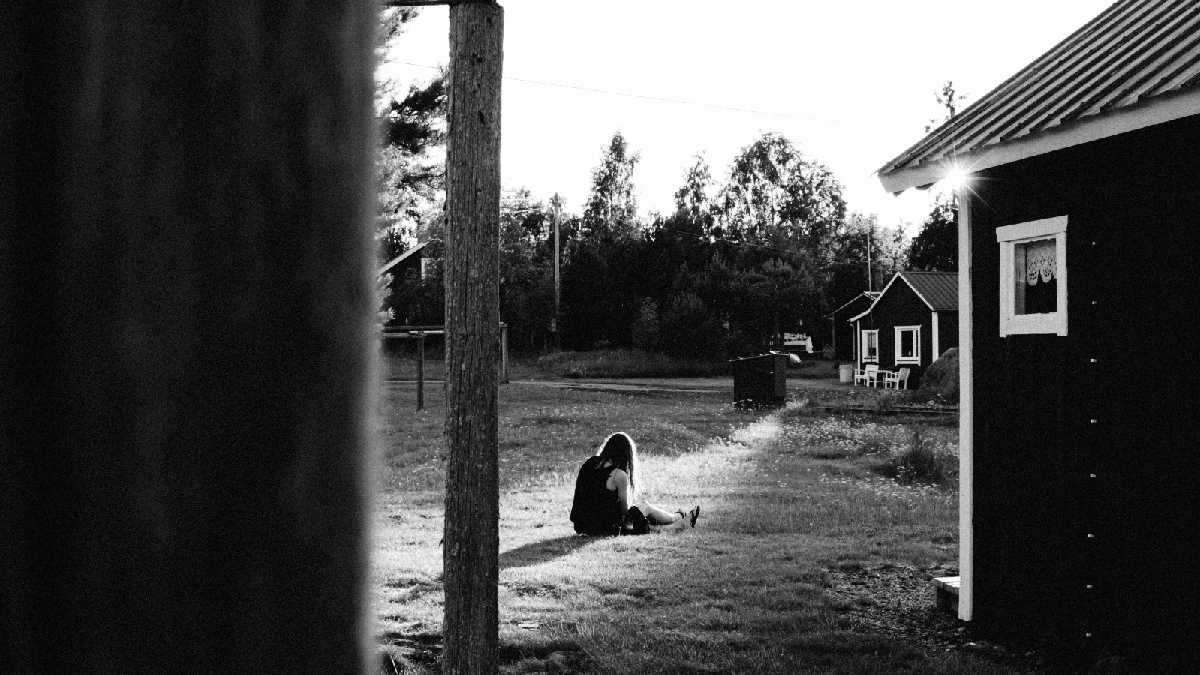
One Way A Trouble Childhood Can Affect Us Psychologically
Adverse childhood experiences can damage the way the brain processes risks and rewards.

By Mark Travers, Ph.D. | April 24, 2022
A recent study appearing in Psychological and Cognitive Sciences examines the impact of adverse childhood experiences, i.e., extreme stressors that occur between the age of 0 and 18, on the development of the brain. People who had negative childhood experiences, according to the study, are more likely to have certain cognitive deficits as adults, particularly in the area of decision making.
Alexander Lloyd, a researcher at the University of London in England, divides adversity in childhood into three categories:
- Neglect, including physical and emotional neglect
- Family adversity, which includes parental divorce, parental substance abuse, mental illness within the household, and/or having an incarcerated relative
- Threatening events, which includes physical abuse, emotional abuse, and sexual abuse
"There has been a large body of research on the links between adverse childhood experiences and the development of the brain," states Lloyd. "However, less research has examined the impact of these experiences on how we make decisions and process rewards."
To investigate this relationship, Lloyd and colleagues used an experimental task known as 'patch foraging,' in which a person plays a sort of farming video game in which they must choose between sticking with a known patch with known rewards that diminish over time or exploring a new patch with unknown rewards.
"In our task, individuals had to collect apples from trees," says Lloyd. "The longer they stayed with their current tree, the fewer apples would be available to collect. Alternatively, they could leave to travel to a new tree which had a fresh bunch of apples. Using this task, we were able to calculate how much weight individuals place on recent reward feedback versus more historic feedback."
The findings revealed two key points:
- Adverse childhood experiences were associated with less task exploration, implying that people who had negative childhood experiences were less likely to take advantage of the entire range of rewards available in their environment.
- Individuals who had had negative childhood experiences explored less overall, indicating that they undervalued the reward feedback they received in the game.
"We think that our findings may be linked to the development of regions of the brain that are responsible for processing rewards, as previous research has found that individuals who have experienced adverse childhood experiences have less neural activation in response to rewards compared to individuals without these experiences," states Lloyd.
Lloyd offers the following advice to clinicians and individuals who work with people who have had adverse childhood experiences:
- Because people who have had adverse childhood experiences are less likely to try new things, it may be beneficial for professionals working with people who have had adverse childhood experiences to understand that adversity can be associated with a reluctance to try new things, which may make certain interventions more difficult for people who have had these experiences.
- Individuals who had a traumatic childhood also tend to undervalue reward feedback. As a result, encouraging people who have had adversity in their childhood to recognize positive reward feedback may be beneficial when supporting someone who has gone through adversity.
The authors hope that their findings will contribute to a better understanding of the negative effects of adversity in childhood and may inform future studies aimed at supporting those who have faced adversity.
"Ultimately, I would like to see future research develop interventions to reduce the mental health impacts of adversity by identifying specific features of cognition that are impacted by these experiences," says Lloyd.
A full interview with Alexander Lloyd discussing his new research on adverse childhood experiences can be found here: How painful childhood experiences impact the way we see the world today
